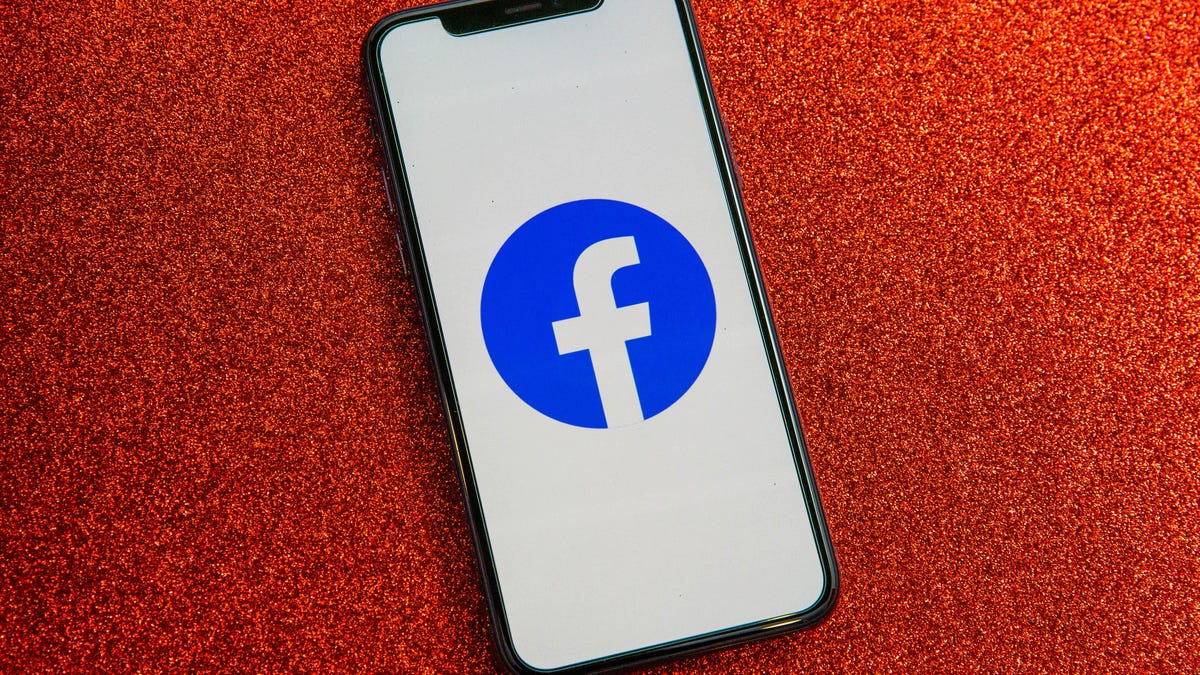Facebook says it's trying to strike a balance as it battles misinformation
The social network doesn't want to become the "absolute truth police" even as it faces more pressure to combat COVID-19 vaccine misinformation.

"We cannot cleanse the internet, and I think no one would want us to pasteurize the content," says Facebook's Nick Clegg.
Facebook's vice president of global affairs, Nick Clegg, says the social network is trying to balance concerns about free expression even as it faces more political pressure to combat misinformation about the coronavirus vaccines.
In a pre-recorded interview that aired Thursday, Clegg outlined the steps Facebook has taken to address this problem, including working with fact-checkers, directing people to authoritative sources and blocking some content. But he also said that he doesn't think anyone would want a Silicon Valley company to be the "absolute truth police." Clegg, the UK's former deputy prime minister, was participating in a monthly virtual series called "Reimagining American Democracy" from Freedom House, the Bush Institute, Issue One and the National Center for Civil and Human Rights.
"We cannot eliminate people's right in a free society to express reservations about how the pandemic has been conducted, or at least, by the way, because scientific consensus changes," he said. Facebook used to remove claims that the coronavirus was human-made but stopped doing so after the US intelligence community started delving deeper into the origins of COVID-19, Clegg said.
Facebook has faced more backlash because it's struggled to stop coronavirus misinformation from spreading online. US President Joe Biden has been pressing the company to do more to combat this problem, and critics say Facebook's efforts to address this issue is still falling short.
Facebook said it will remove coronavirus vaccine information when public health authorities conclude it's likely to contribute to imminent harm. That includes claims that the COVID-19 vaccines contain toxic ingredients or were untested. While Clegg acknowledged Facebook can do more, he also pointed out the downsides of pulling down too much content.
"We also want to give people real latitude to express their opinions, even if those opinions are not always completely accurate or even if they might cause offense to others," Clegg said. "We cannot cleanse the internet, and I think no one would want us to pasteurize the content."
Some lawmakers have been looking at changing Section 230, a federal law that shields internet companies from liability for user-generated content. Clegg said that Facebook would support a change that says big tech platforms have to demonstrate that they have systems in place to monitor the content on their platforms in a way that's transparent and accountable. If they don't do so, then the protections under Section 230 could be taken away from the companies, he said.

